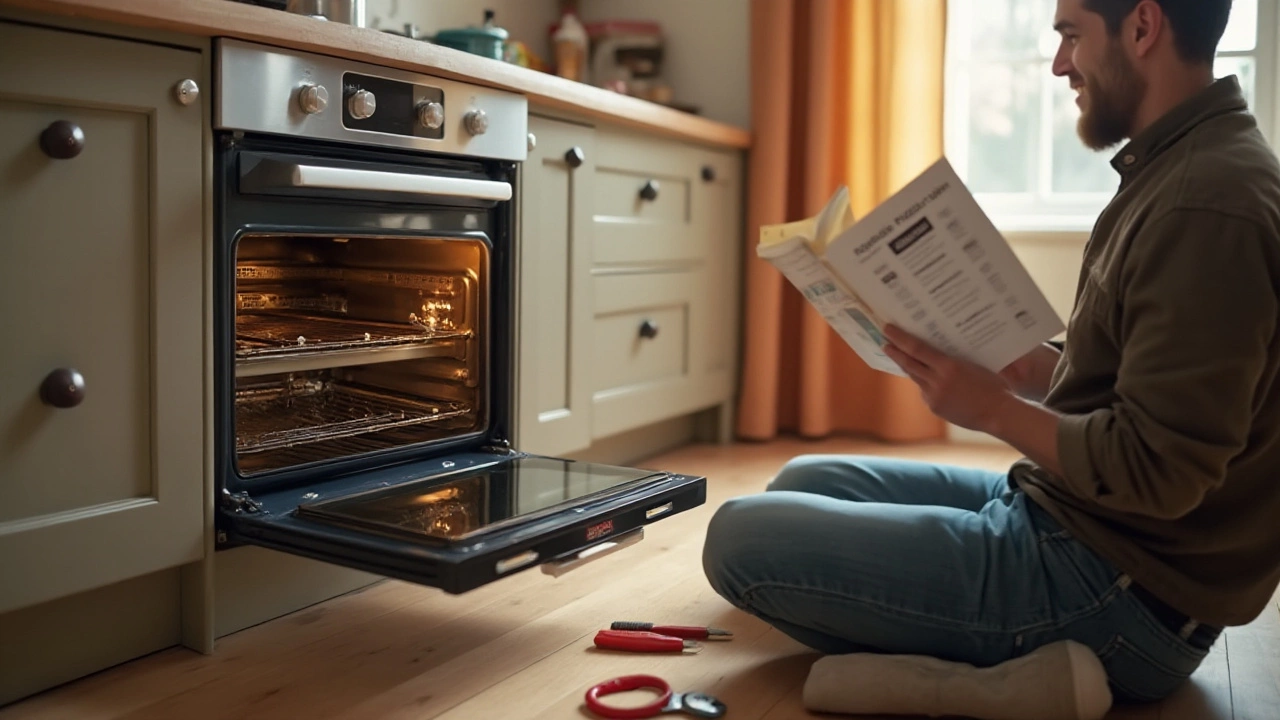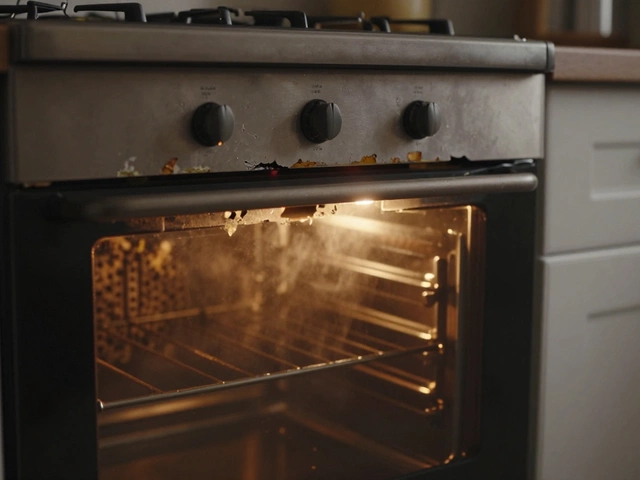Ever stare at a broken oven, a noisy washing machine, or a cold fridge and wonder, “Will this cost more than a new one?” You’re not alone. Most homeowners face that dilemma every few years. Below you’ll find straight‑forward answers on how to figure out repair costs, what makes prices jump, and when it’s smarter to buy new.
First, know that “cost replacement” isn’t a one‑size‑fits‑all figure. Several things push the price up or down:
Knowing these factors lets you estimate a realistic budget before you even pick up the phone.
Here’s a fast look at typical price ranges you’ll see around the UK, based on recent jobs:
These numbers are averages. If your appliance is still under warranty, you might pay nothing. If it’s a rare brand, expect the higher end.
When you get a quote, ask yourself these quick questions:
If you answer “yes” to most, repairing makes sense. If the answer is “no,” start looking at replacement options.
Even if you need a new appliance, you can still save money:
Small habits often prevent big breakdowns later on.
Bottom line: Understanding the pieces that make up a “cost replacement” helps you avoid surprise bills and make confident choices. Whether you end up fixing an oven element yourself or ordering a new fridge, you’ll now have a clear picture of what to expect and how to keep the price as low as possible.

If your electric oven isn't heating properly, it might be time to replace the heating element. Understanding the costs and what's involved in the repair process can help you make informed decisions. This article dives into the factors affecting replacement costs, step-by-step guidance on how to change the element, and practical tips to ensure your oven runs smoothly. With these insights, you can tackle the repair yourself or hire the right professional for the job.

When your dishwasher starts acting up, a quick, accurate diagnosis can save you from bigger headaches and pricey repairs. This article walks through simple methods to spot dishwasher problems, from weird noises to stubborn leaks. You'll learn what to check first, how to tell if it's a DIY fix, and when it's time to call in a pro. Handy tips and real-life examples make this guide easy to follow, even if you're not a born handyman. Don't let a small hiccup become a kitchen disaster — know what to look for and act fast.

Unravel the mysteries of oven troubles with a comprehensive guide that walks you through common issues and their solutions. From unexpected cold spots to issues with heating elements, this article explores practical approaches to diagnosing and fixing your oven. Learn about signs to watch out for, potential tools needed, and tips to maintain your oven's optimal performance. Perfect for homeowners who want to save a little cash and feel empowered to tackle minor repairs before calling in the professionals. This guide makes oven repair accessible and doable for the average person.

Wondering if you should repair your washing machine or just buy a new one? This article breaks down when it's smart to fix your appliance and when it's better to let it go. Get tips on common washing machine problems, repair costs, and simple troubleshooting steps. Plus, learn how to avoid getting ripped off by price gouging repair techs. If laundry day is starting to look like a coin toss, read this before calling the junk hauler.

An electric hob on the fritz can leave you in a lurch, but knowing how much it costs to fix can help you prepare. We'll break down the average repair costs, consider factors like brand, parts, and labor, and help you decide if a repair or replacement makes more sense. Get the inside scoop on typical issues that might arise and how to avoid them in the future. With this guide, you'll feel more confident when talking to repair technicians and won't be caught off guard by unexpected expenses.

Most ovens last 10 to 15 years, but usage and maintenance affect lifespan. Learn the signs your oven is failing, when to repair vs. replace, and how to make it last longer.